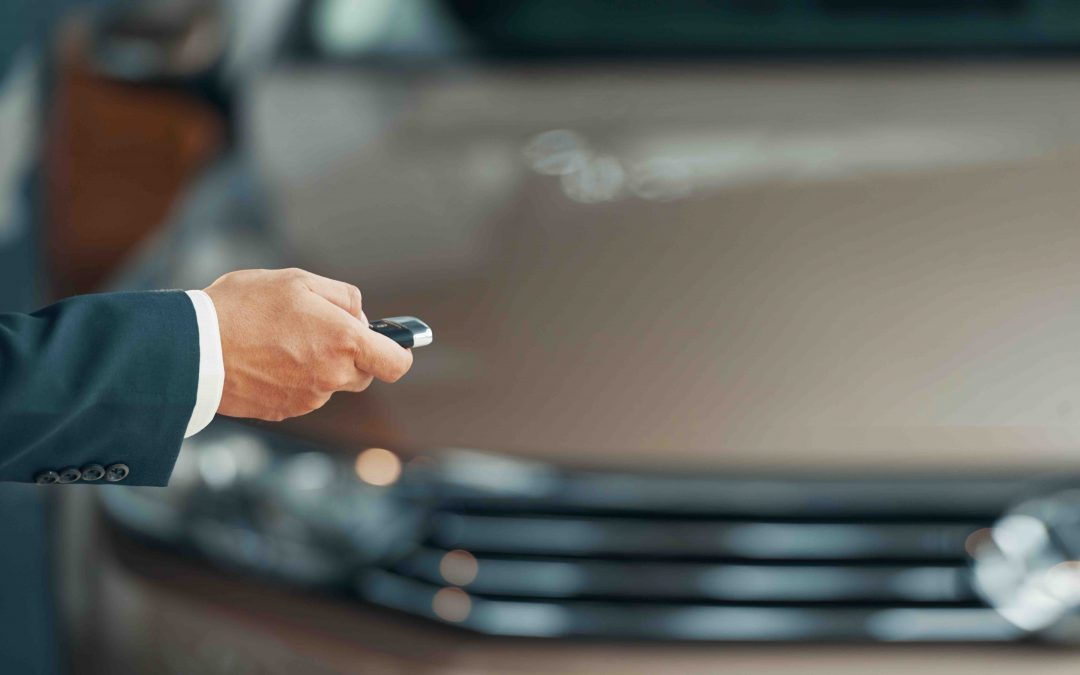Like most industries, the COVID-19 pandemic has turned the automotive world upside down. Everything we used to know about cars and transport has changed, and despite Australia doing a fantastic job of flattening the curve, there’s still plenty of uncertainty on the horizon.
Let’s examine how the virus is affecting the transportation industry now, and the things you can do to COVID-safe your car habits.
What will happen to public transport during the pandemic?
As Australians start to venture out of their homes again, public transportation is beginning to welcome back commuters. The obvious problem here, however, is it’s impossible to maintain the recommended 1.5-metre gap between people on a packed train, and there’s currently no clear-cut strategy on how governments will address the issue.
The most likely outcome is fewer commuters will use public transport, opting to drive to work to reduce the risk of catching the virus. Consequently, our roads will become choked with traffic, and all-day parking will be challenging to obtain.
Should I buy a car now?
Given the public transport system is set to become less prevalent, a large number of Australians will be looking to purchase their first car or a second to share between the family. Increased demand could see the value of used vehicles soar, although the looming recession might also impact the market.
Staying safe at the servo
A sudden halt on transportation across the globe saw petrol prices plummet to unprecedented lows in the early days of the pandemic, and it remains to be seen how they will adjust over time. But for the moment, there’s never been a better time to fill up your tank.
Just be aware the pump on the petrol bowser is a haven for germs. Hundreds of people per day are squeezing the exact same handle, and if only one were to have the virus, there’s a good chance you now do too. Keep a small bottle of hand sanitiser in your glove box and give your hands a thorough clean before and after you fill up.
Cleaning COVID from your car
If you share your car with someone outside your household or you’ve just bought a second-hand ride, it’s a smart idea to give the car a deep clean. Studies have shown coronavirus can survive anywhere between a few hours and several days, depending on the surface, but the good news is a decent disinfectant will stop it in its tracks.
Grab either a mild soap detergent or an alcohol-based solution such as ethanol, Isopropanol, or Isopropyl. Thoroughly wipe down the most commonly touched areas of your car, including:
- The steering wheel
- The door handles on both sides
- The boot handle
- The gear stick
- The buttons on the centre console
- The mirror and seat adjustment buttons
- The air conditioning/heating vents
- The LCD touchscreen (switch to an appropriate cleaner)
Ubers and Taxis
Rideshare and taxi services are expected to run throughout the pandemic, although Uber has suspended its carpooling services to comply with government social distancing requirements.
Jump in the backseat on the opposite side of the driver to create as much space as possible. Many drivers are now putting hand sanitiser in the centre console for passengers to use; consider that dozens of other passengers could have touched the same door handle and seat belt that day.
Automotive maintenance and repairs
Although it won’t escape unscathed, the automotive maintenance industry is expected to operate throughout the pandemic. Reduced travel due to social distancing laws and work from home orders will likely diminish demand for the sector, although the effects won’t be visible for some time. Nevertheless, now is as good a time as any to get work done on your car.
Brighton Panel Works
For smash repairs and paintless dent removal in Melbourne, get in touch with Brighton Panel Works. With over 50 years’ experience working on prestige cars in the region, the professional team will get your precious ride looking and sounding good as new.
You’ll be in safe hands, too. Brighton Panel Works take the risk of COVID-19 seriously and have adopted the following measures into its daily routine:
- Thorough cleaning and disinfecting after every repair is completed
- Contactless pick-up/drop-off
- Reduced face to face contact
- Hand sanitiser in the reception and around the worksite
- Sanitising keys prior to collection

